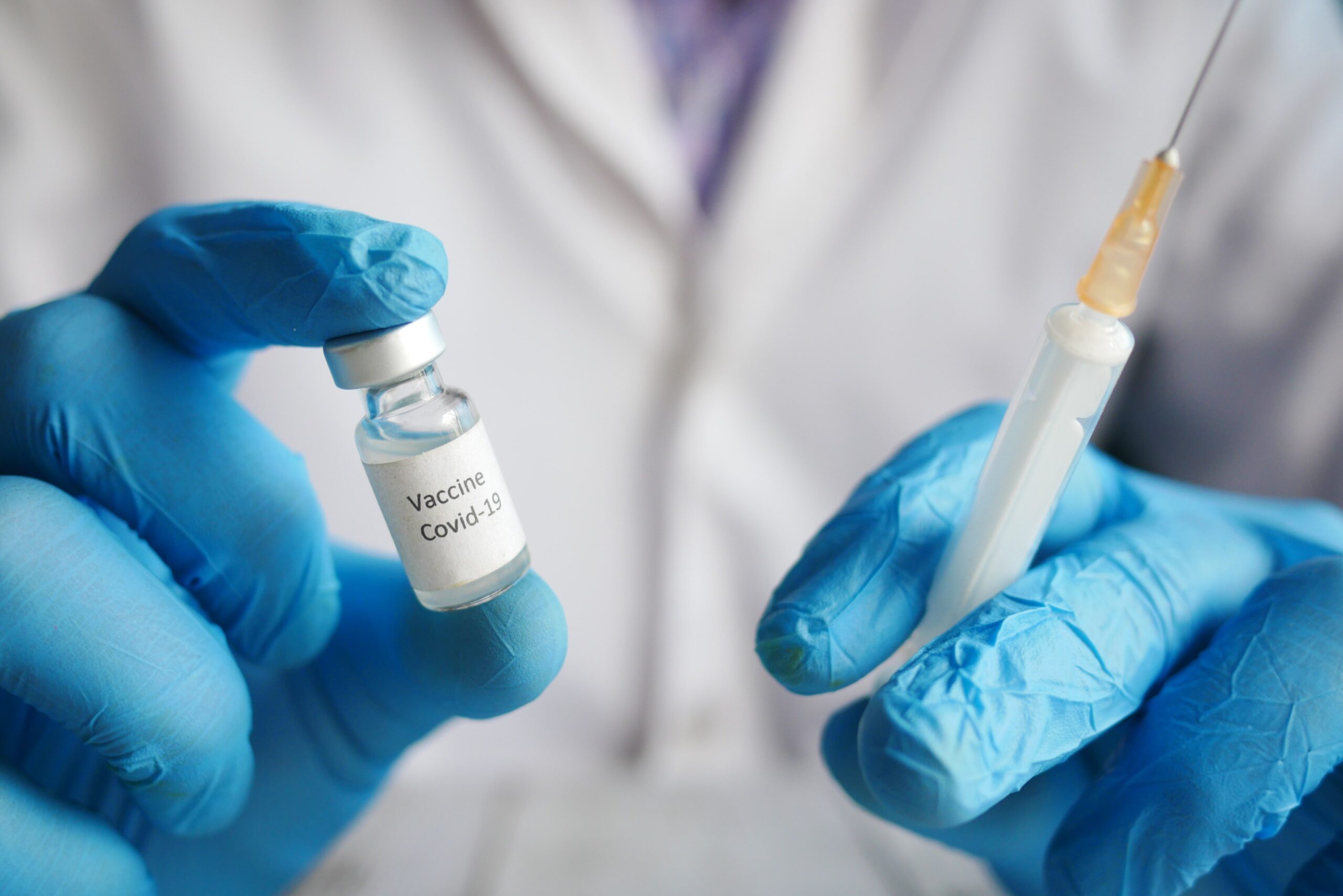The Centers for Disease Control and Prevention (CDC) COVID research team just published a study that concluded that there is no signific...

The Centers for Disease Control and Prevention (CDC) COVID research team just published a study that concluded that there is no significant difference in transmission potential of vaccinated and unvaccinated persons infected with the COVID-19 “Delta variant” in federal prison during an outbreak between July to August 2021.
The study showed that there is “no significant differences were detected in duration of RT-PCR positivity among fully vaccinated participants (median: 13 days) versus those not fully vaccinated (median: 13 days; p=0.50), or in duration of culture positivity (medians: 5 days and 5 days; p=0.29)” among the 95 eligible participants out of 190, of whom 78 were fully vaccinated and 17 were not fully vaccinated.
The findings showed that “prevention and mitigation measures should be applied without regard to vaccination status for persons in high-risk settings or those with significant exposures.”
In line 336 of the study, it states:
In this investigation, we found no statistically significant difference in transmission potential between vaccinated persons and persons who were not fully vaccinated. Therefore, our findings indicate that prevention and mitigation measures should be applied without regard to vaccination status for persons in high-risk settings or those with significant exposures. In congregate settings, and correctional and detention facilities in particular, post-exposure testing and quarantine remain essential tools to limit transmission when cases are identified, in addition to other recommended prevention measures. Our data add to a growing body of evidence characterizing transmission potential from vaccinated persons. Future studies of transmission potential from vaccinated persons with infection, incorporating similar laboratory-based markers as well as evidence of transmission from secondary attack rates and network analysis, may help to further describe the contributions of vaccinated persons in chains of transmission as the pandemic evolves and new variants emerge.
The study confirmed that vaccinated individuals still pose a threat of widespread outbreaks when the virus is introduced into congregate settings, even when vaccination coverage is high.
The evidence that vaccinated persons can transmit SARS-CoV-2 to others suggests that there is continued risk of widespread outbreaks when the virus is introduced into congregate settings, even when vaccination coverage is high. In particular, because of the potential for rapid transmission and high prevalence of underlying health conditions in incarcerated populations, persons living or working in correctional facilities should quarantine after exposure to SARS-CoV-2, regardless of vaccination status.
Line 313 of the study states:
This report is subject to several limitations. Due to the small proportion of participants who were not fully vaccinated (17), statistical comparisons on the basis of vaccination status were underpowered, and negative findings reported here warrant cautious interpretation. To increase the sample size of this group, two partially vaccinated participants were included, potentially diluting the characteristics of unvaccinated participants. However, our conclusions did not change when analyses were performed excluding these two participants. Similarly, only four participants had known prior infection, of which a higher proportion occurred in those not fully vaccinated; therefore, these participants may appear to have slightly greater immunological protection than those without prior infection. On average, unvaccinated participants enrolled earlier in the outbreak and later in their course of infection than vaccinated participants; we utilized Turnbull estimation in survival analyses to account for the possibility of interval censoring in this population. All symptom data was self-reported and collected at the end of the specimen collection period, which may have impacted the accuracy of participants’ recall related to the date of symptom onset.
You can read the rest of the study here:
A similar study from Lancet showed that fully vaccinated people in UK are just as likely to spread the Delta variant of Covid within households as unvaccinated.
“Households are the site of most SARS-CoV-2 transmission globally.19 In our cohort of densely sampled household contacts exposed to the delta variant, SAR was 38% in unvaccinated contacts and 25% in fully vaccinated contacts. This finding is consistent with the known protective effect of COVID-19 vaccination against infection.8, 9 Notwithstanding, these findings indicate continued risk of infection in household contacts despite vaccination.” the study said.
No comments